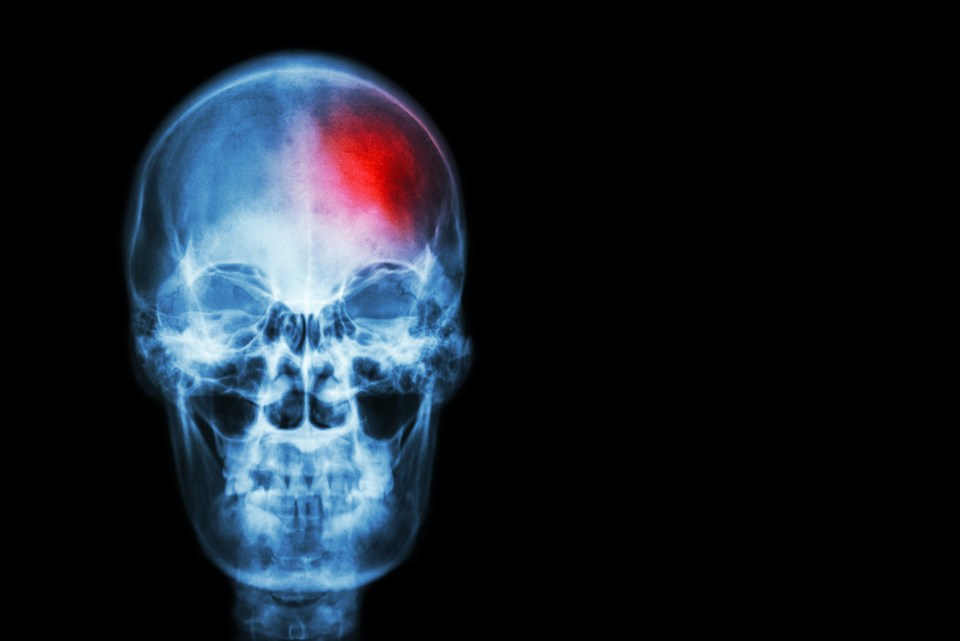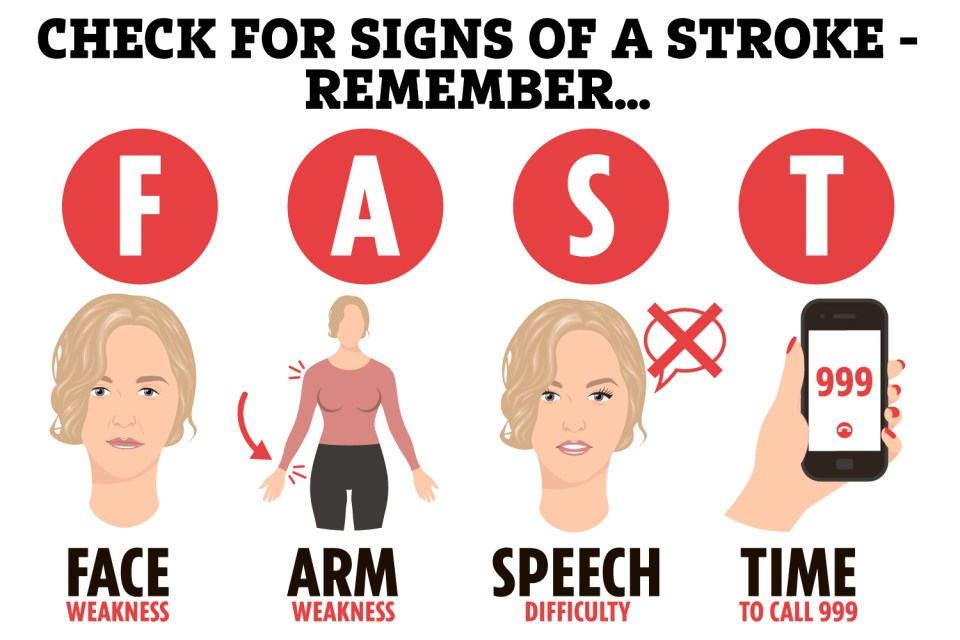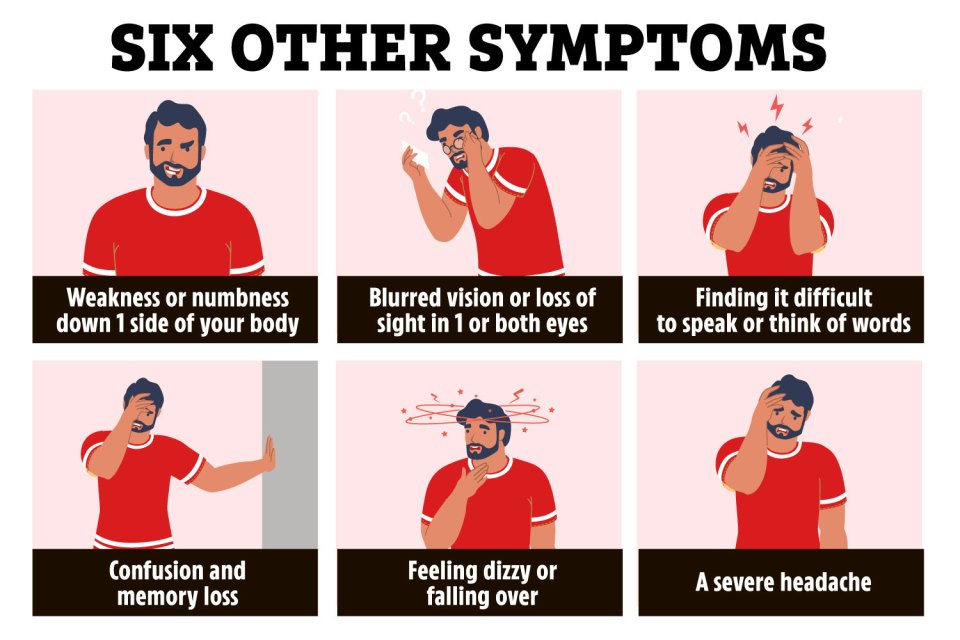IF YOU'RE an adult whose parents divorced when you were little, you might be at higher risk of a killer condition, scientists have warned.
Seeing your parents split up could make you 61 per cent more likely to suffer a stroke from the age of 65, a study suggests.
The study - conducted by researchers at University of Toronto, Tyndale University and the University of Texas at Arlington - found that one in nine over-65s with divorced parents were diagnosed with a stroke.
By comparison, in adults whose parents stayed together only one in 15 suffered the serious health event.
A stroke happens when the blood supply to part of the brain is cut off, killing brain cells.
It can happen to anyone at any age but having conditions like high blood pressure, high cholesterol, diabetes and atrial fibrillation can all up your risk, as well as smoking and eating unhealthily.
Read more on stroke
Experiencing high levels of stress from a young age - which may happen while witnessing the split of parents - could be an additional risk factor, researchers suggested.
Lead author Mary Kate Schilke, a psychology lecturer at Tyndale University, said: “Our study indicates that even after taking into account most of the known risk factors associated with stroke -- including smoking, physical inactivity, lower income and education, diabetes, depression, and low social support -- those whose parents had divorced still had 61 per cent higher odds of having a stroke."
In fact, the study team claimed that parental divorce may raise someone's risk of the condition almost as much as diabetes and depression, whose links to stroke are well established.
Esme Fuller-Thomson, a professor at the University of Toronto, said: “We need to shed light on the mechanisms that may contribute to this association [between parental divorce and stroke].
Most read in Health
“While these types of survey-based studies cannot establish causality, we are hoping that our consistent findings will inspire others to examine the topic.”
The study, published in the journal PLOS One, analysed survey responses from 13,205 older Americans, of whom 14 per cent had experienced parental divorce during their childhood.
Researchers excluded participants who had a history of childhood abuse.
Co-author Prof Philip Baiden, of the University of Texas at Arlington, said: “We found that even when people hadn’t experienced childhood physical and sexual abuse and had at least one adult who made them feel safe in their childhood home, they still were more likely to have a stroke if their parents had divorced."
Other difficulties experienced in childhood didn't have a particularly strong link to stroke in later life either, according to the study.
This include emotional abuse, neglect, mental illness and substance abuse in the household, and suffering domestic violence from parents.
The study’s authors said it is unclear why the link between parental divorce and stroke exists, but they reckon both biological and social factors could be to blame.
Prof Fuller-Thomson said: “From a biological embedding perspective, having your parents split up during childhood could lead to sustained high levels of stress hormones.
Read More on The Sun
“Experiencing this as a child could have lasting influences on the developing brain and a child’s ability to respond to stress.”
Dr Schilke predicted that people's family history may be used to improve outreach for stroke prevention and education if future research finds similar links between divorce and stroke.
What are the symptoms of stroke?
The FAST method – which stands for Face, Arms, Speech, Time – is the easiest way to remember the most common symptoms of stroke:
F = Face drooping - if one side of a person's face is dropped or numb then ask them to smile, if it's uneven then you should seek help.
A = Arm weakness - if one arm is weak or numb then you should ask the person to raise both arms. If one arm drifts downwards then you might need to get help
S = Speech difficulty - if a person's speech is slurred then this could be a sign of a stroke
T = Time to call 999 - if a person has the signs above then you need to call 999 in the UK or 911 in the US for emergency care.
Other symptoms include:
- sudden weakness or numbness on one side of the body
- difficulty finding words
- sudden blurred vision or loss of sight
- sudden confusion, dizziness or unsteadiness
- a sudden and severe headache
- difficulty understanding what others are saying
- difficulty swallowing


















